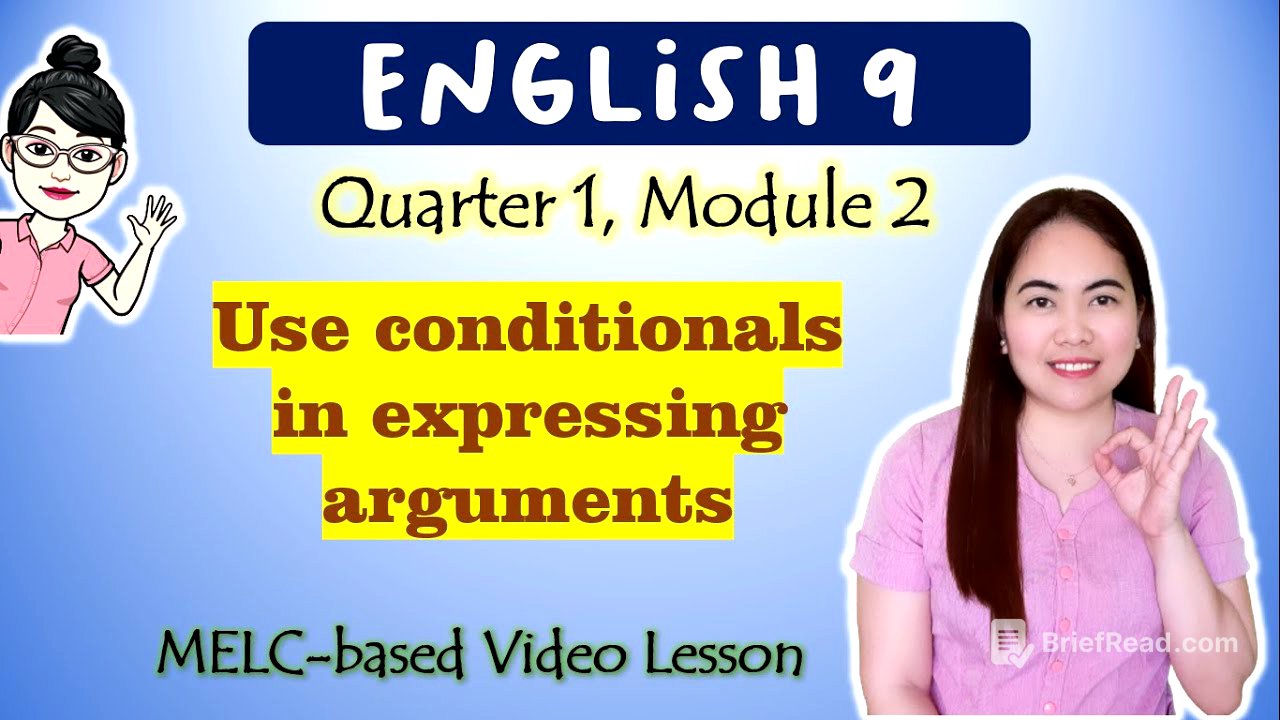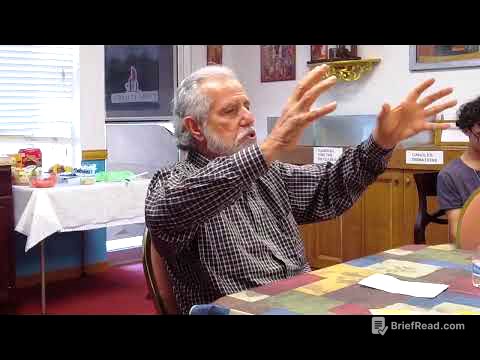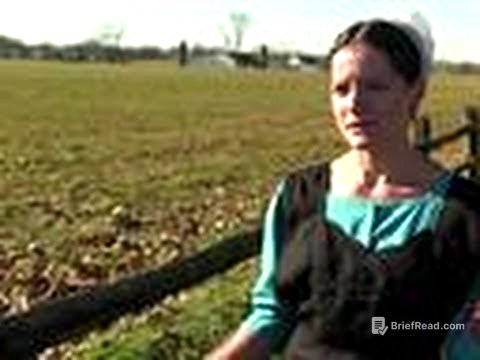TLDR;
This video by English Teacher Ni Juan provides a comprehensive guide to understanding and using conditionals in English, focusing on their structure and application in expressing arguments. It covers zero, first, second, and third conditionals, explaining when and how to use each type with clear examples. The lesson emphasizes the importance of conditionals in persuasive communication and expressing different scenarios, from general truths to hypothetical situations in the past and future.
- Explains the structure and usage of zero, first, second, and third conditionals.
- Provides examples of how to form conditional sentences and when to use each type.
- Highlights the use of conditionals in expressing arguments and hypothetical situations.
Introduction to Conditionals [0:52]
Conditionals are statements that express the result of a particular condition. The condition is presented in the 'if' or 'when' clause, while the result is explained in the main clause. The main clause can come before the conditional clause without changing the sentence's meaning.
Zero Conditionals [2:35]
Zero conditionals deal with habits and general truths, often laws. They are formed using the simple present tense in both the condition and main clauses. For example, "When you pray, God listens" and "If you place it in the fridge, the water freezes." The comma is not necessary when the main clause comes first.
First Conditionals [3:43]
First conditionals are used for things that are possibly or likely to happen in the future. The structure involves using the present simple tense in the conditional clause and the future tense (will + base form of the verb) in the main clause. For example, "If you don't pass the test, I will hire a tutor for you." Words like "unless," "as long as," "as soon as," or "in case" can be used instead of "if" or "when."
Second Conditionals [5:21]
Second conditionals are used to discuss things that are impossible in the present or unlikely to occur in the future. They are formed using the simple past tense in the conditional clause and "would + base form of the verb" in the main clause. For example, "If I only passed the test, I would celebrate the party."
Third Conditionals [6:06]
Third conditionals discuss things that were impossible in the past and can no longer happen, often expressing regret. The structure involves using the past perfect tense (had + past participle) in the conditional clause and "would have + past participle" in the main clause. For example, "If she had worked hard on her portfolio, she would have passed the course." The conditional and main clauses can be exchanged without changing the meaning.









